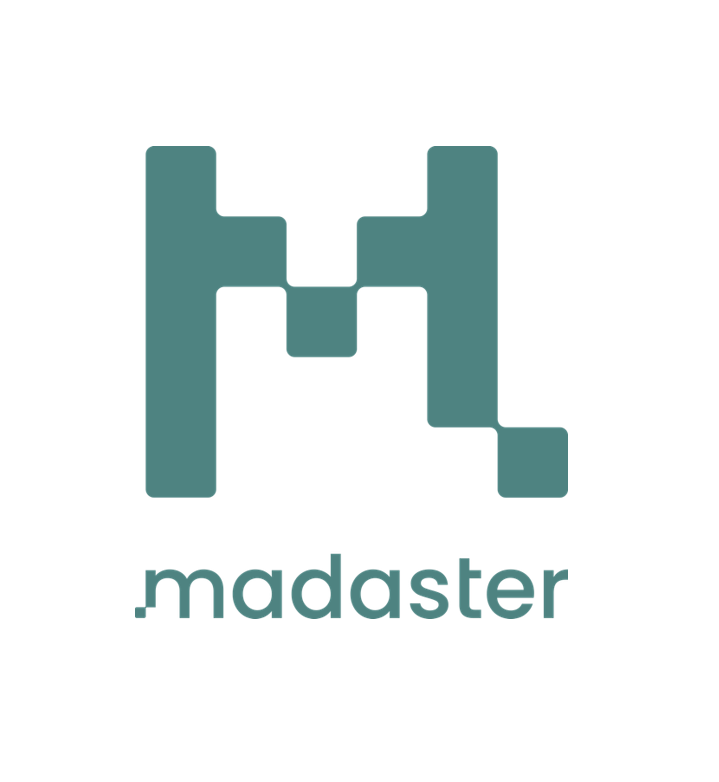
Together with Madaster, we are joining forces to support the transition from a throwaway to a circular economy. Because from now on, we will use the same methods and data sets to calculate the circularity, environmental impact, reuse potential and residual value of materials.
Focus on benefits
Through our cooperation with Madaster, our customers benefit from improved services. Madaster operates a global data platform that collects and stores data on materials and products in buildings and infrastructures.
Originally launched in the Netherlands and Germany, our partnership now extends to several countries, including Austria, Switzerland, Belgium and the UK. Together, we offer improved data sets, more accurate calculations, and complete and compliant reporting. The passports we created are now based on the same basis, making it easier to share and compare. This common ground invites other industry players to join.
Data: the key to reuse
In a throwaway society, a lack of information is no problem. In a circular economy, however, information is crucial. The more information is available, the higher the reuse potential and benefits. This ranges from basic information such as manufacturer and product dimensions to specific data on toxicity, CO2-Review and disassembly instructions. At EPEA and Madaster, we manage this data for the real estate sector, from individual projects to comprehensive investment portfolios and even at city or state level.
How does the data flow work in a project?

The collaboration between EPEA and Madaster enables a continuous flow of data from inventory to completion.
1. The Urban Mining Screener developed by EPEA and integrated into Madaster enables a quick assessment of the materials used for entire districts or portfolios.
2. Building on this, you can seamlessly transition to sustainable planning using material passes with Madaster or BIM&more.
3. After planning and tendering has been completed, conpli allows the quality control of the products on the construction site to be seamlessly connected.
4. Finally, the products documented via conpli can be returned to Madaster for documentation and stored there for the entire operating phase.
5. The entire process is based on the EPEA Generic Material Dataset as a uniform database for all project phases.
Future outlook
We are constantly working to expand and improve our data sets and methods. There is a continuous need to adapt data sets for geographical areas, product segments and construction age as well as to implement new compliance standards and requirements such as the upcoming ISO standard for the Product Circularity Data Sheet and the Digital Product Passport. In addition to improving our data sets, we offer a growing range of services to help our customers renovate, manage, and improve buildings and infrastructure, including targeting (manufacturer) marketplaces and certification systems.